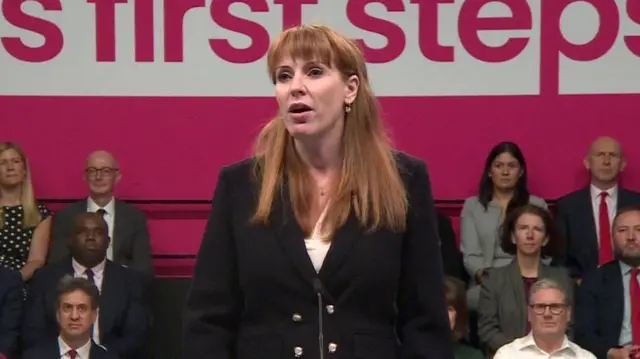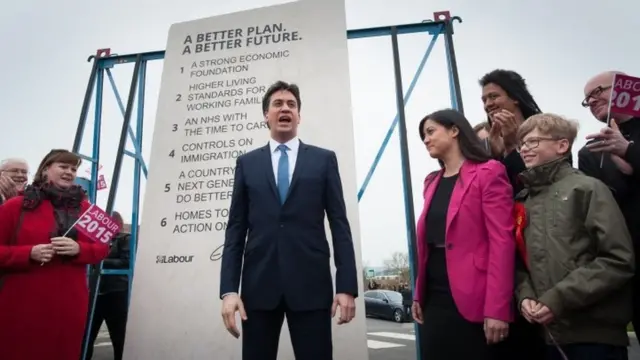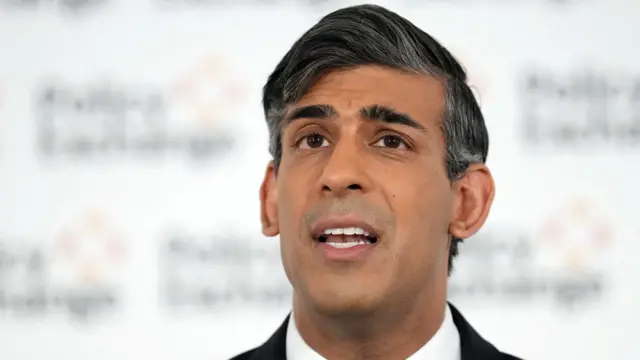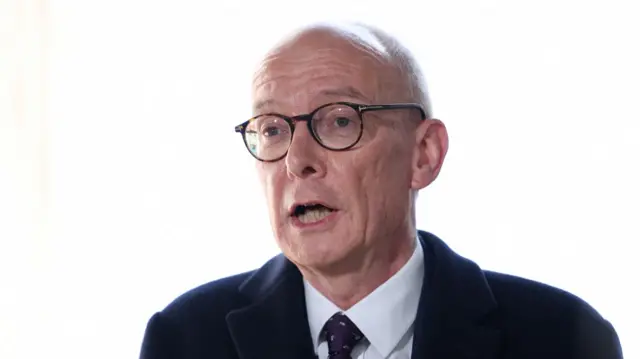Labour event gets under waypublished at 10:03 BST 16 May 2024
The speeches are getting under way in Thurrock.
We'll first be hearing from some of Labour's front bench, before Keir Starmer steps up on stage a little later - at roughly 10:50 BST.
Stay with us as we bring you the latest updates. As a reminder, you can also watch the event live by pressing the Play button at the top of the page.

First up at Labour's event is deputy leader, Angela Rayner







